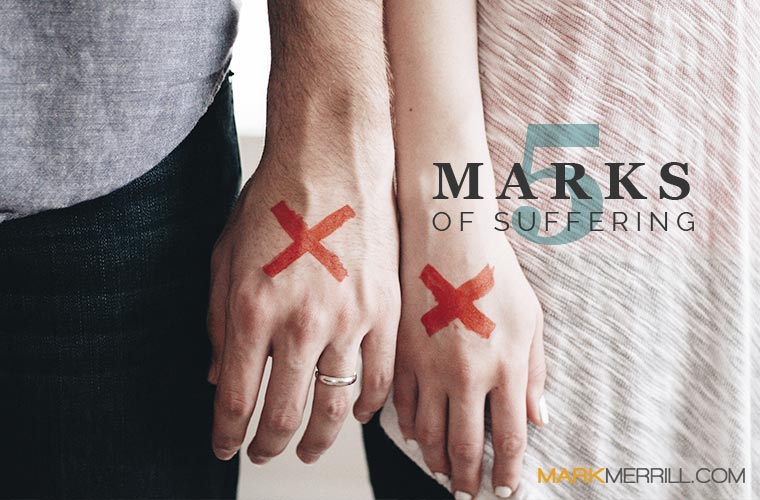Last summer, I herniated two discs in my back. The pain dropped me to my knees. I thought I’d be up and running again soon, but an MRI revealed otherwise. For months, I battled constant pain, only sleeping a few hours a night, usually on the floor. It’s been a lonely road. Many days were filled with doctor appointments, pain management, and rehabilitation. But God has used it for good. He has taught me so much about myself, about others and most importantly, about Him.
For years, I’ve looked at suffering as an intrusion into my pretty good life. I’ve viewed suffering as something to avoid, if possible, or to endure when unavoidable, while always praying that it ends quickly. I’ve struggled to empathize with those shaken to their core by deep suffering. But this experience has upended that.
Suffering: nobody likes it, nobody wants it. Until recently, I assumed everyone viewed suffering with universal disdain. But a Tim Keller book has really heightened my understanding, and even appreciation, for suffering. I’ve just finished reading Walking with God through Pain and Suffering, a convicting and encouraging read.
Keller explains how our western culture views suffering in an intrusive, short-sighted way, while other cultures accept suffering as a part of life. And he notes some key truths about suffering. He notes that no one is immune from it. Keller also shares that there are many kinds of suffering—suffering from universal forms of loss like death or illness; suffering that comes from horrendous evil in our world; suffering that comes from our own unwise decisions; suffering that comes from external betrayals and attacks.
We all know that everyone experiences pain and suffering in life. And when we suffer, the effects of suffering cause us to respond emotionally.
Keller highlights 5 marks of suffering that afflict the soul.
1. Isolation.
When we suffer, Keller writes that “[a] barrier goes up between us and even our closest friends.” I have found this to be true: when no one is experiencing what I’m experiencing, even those I’ve had things in common with seem more distant. That explains why your spouse dealing with chronic pain seems aloof, your best friend who lost a spouse seems disconnected, or your running buddy who lost his job seems detached. But isolation can come from others who stay away because they don’t know what to do, or they secretly blame you because they think you brought it upon yourself.
2. Implosion.
“Intense physical pain makes you unavoidably self-absorbed,” Keller notes. And I found this to be true as well. When I was lying on the floor in excruciating pain, it was hard for my mind to engage in others’ needs and wants, even those I love dearly. I was mostly thinking about myself and how to get out of that pain.
3. Condemnation.
Suffering tends to make us more aware of things we’re doing wrong in life as if we assume there’s a connection between our pain and our wrongs. We think we are being punished in some way. Pain causes us to ask “God, what did I do wrong?” Suffering makes us feel vulnerable and fragile or ashamed.
4. Anger.
Suffering often inspires anger, perhaps at God or others, or even anger at self. After injuring my back, I berated myself for weeks thinking I am so stupid! I shouldn’t have been lifting that heavy stuff! Or we lash out at others that wronged us or let us down.
5. Wallowing in Discontent.
Keller calls it a temptation to be “content with our discontent.” In short, suffering gives us “a great excuse for all sorts of behavior or patterns of life you could not otherwise justify.” It’s why chronic pain can open someone up to addictions like pain meds or alcohol. Or grief can lead us to wallow in the pain because we’ve convinced ourselves we don’t deserve anything better.
As Keller points out, suffering is “infinitely complex” for each of us, affected by personalities, cultures, and values. But I’m now better understanding some of the marks of suffering, and I hope it makes me smarter in how I handle affliction and how I help others with hope.
How does this help you understand your own suffering or the pain of those around you? Please share your thoughts below.



